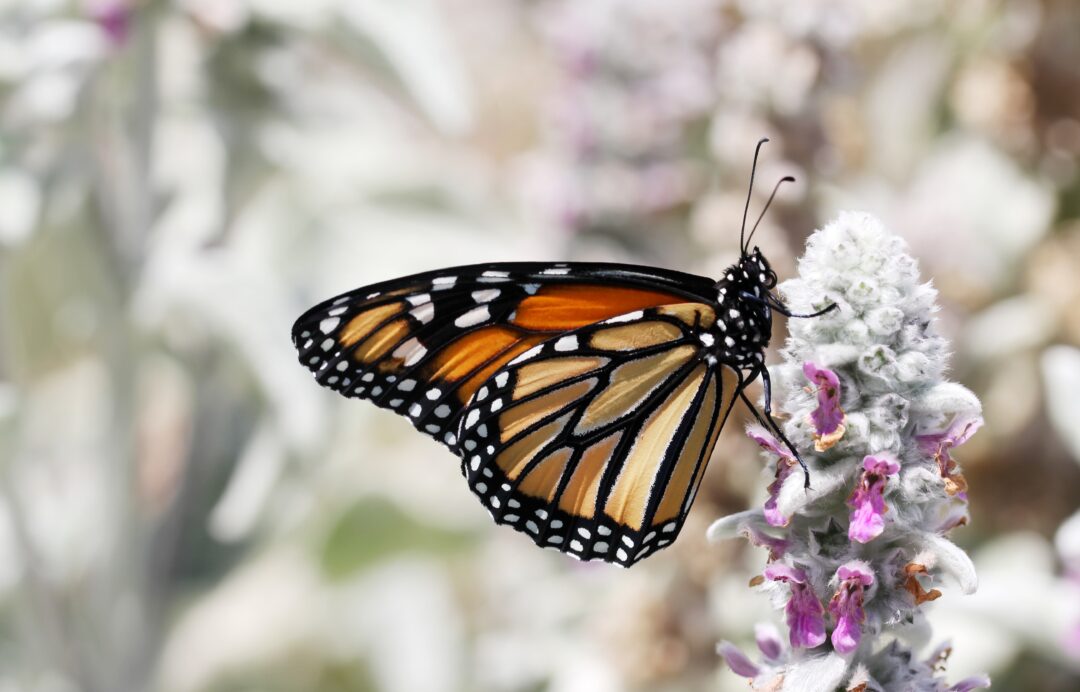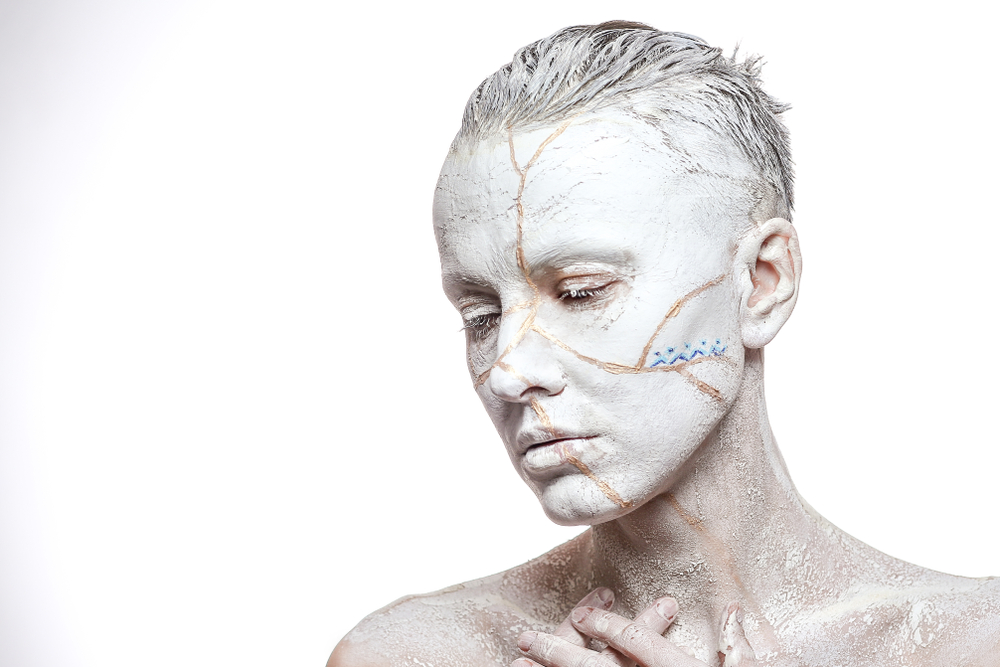When one’s expectations are reduced to zero, one really appreciates everything one does have.
Stephen Hawking
Are you on a self-help journey, reading illuminating books, or taking course after course with enlightened teachers, and all you want to do is share these gems of wisdom with your loved ones and friends, but to no avail?
They’re happy for you; they say, that’s great info, or I’ll check it out. Yet, you see no effort made or interest taken. This aggravates you. What you are learning is so beneficial. You want to share it. Everyone needs it.
How in the world can you get them to wake up and learn?
You can’t.
You can lead a horse to water but can’t make them drink.
Or can you?
While competing in endurance, it was imperative to keep horses hydrated. I had heard the adage about leading a horse to water, so I figured it was accurate. Surprisingly, I discovered it was not. The mitigating factor was how we went about teaching the horse to drink.
The core of teaching is not to pressure them. Passing through a stream on a trail, experienced horses will put their heads down to drink, with some practically pulling you into the water. The timid ones are the ones that need guidance. If the novice horse is nervously looking around, gently redirect their attention; just a nudge to prompt them. Horses are ultra-sensitive, able to feel a single fly on their backs, and with their imposing stature, we forget this. Forcing will only serve to create stress. If they think impatience or agitation from the rider, they will become the same. So, as the rider, we must relax the body and mind as we sit astride.
Riding with a seasoned horse and walking into the stream calmly is often an effective way of showing by example. This also serves to calm the rider. Whatever tension the rider has directly telegraphs to the horse to beware. Any expectation we have also creates concern and anxiety for the horse.
Horses and humans are not dissimilar. But, just as an experienced horse will teach by example, humans can take that lead.
The defining difference between a horse and a human is that a horse will not force another horse to learn. They have nothing invested in the outcome.
Humans get stuck, projecting what we think is best for another because we think it is good for us. Then, we layer it with our expectations and become weighted down with frustrations. For growth to occur, there must be an opening. No two things can occupy the same space simultaneously, so when expectation occupies it, it prevents anything else from coming in, averting the ability to change. Once we move expectations aside, we create opportunities for change to happen.
This is true for horses, our friends, loved ones, and ourselves.
A Zen Buddist teaching called shoshin, or beginner’s mind, suggests that we come to every situation with an empty cup, ready to receive, with an attitude of openness, eagerness, and lack of preconceptions. A full cup has no place to welcome what is available.
When the expectation of what we strive for becomes the focus, the possibilities of what could be cannot happen.
We want the best for our community of friends and family, and because it is the best for us, we assume it is the best for everyone. However, it is not. Humans learn in many forms. There is no one-size-fits-all system with one exception: no one likes to be force-fed.
Disregarding our expectations removes the tendency to interject our ego, allowing us to empty our cups and experience what is.
The frustration and concerns we feel for our fellow man to wake up are real. But just like a horse, we can not force them to do so, yet if we can move our expectations aside, we may discover that the outcome can exceed our envisioned unreasonable expectations. Leading by example and being the change you want to see is the most significant gift we can share.
Each small, seemingly inconsequential kindness will build exponentially upon itself. One by one, let’s become the world we want to live in.
My happiness grows in direct proportion to my acceptance, and in inverse proportion to my expectations.
Michael J. Fox





